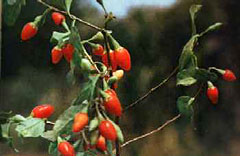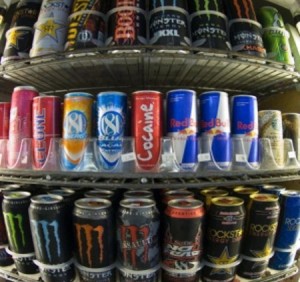A study just released from the Cleveland Clinic in Ohio shows energy drinks with carnitine, a common additive not always disclosed on the labels, has been tied to heart disease. The amount of carnitine found in energy drinks varies and may be harmful especially in doses of more than 3 grams daily. The Cleveland Clinic study showed carnitine contributes to hardening of the arteries.
The research group, led by Dr. Hazen, section head of preventive cardiology and rehabilitation, found the link between heart disease and carnitine and the bacteria in the intestine that digests carnitine. If you ever wondered why docotors recommend limiting red meat in your diet if you have heart issues, it it’s because carnitine is also found in red meat.
“It’s shifting their [gut] flora to one that’s more likely to promote atherosclerosis or hardening of the arteries,” said Dr. Hazen. “I wouldn’t want my family members drinking these.”


 One of the funniest Dr. Oz Shows I ever saw was his show about a new miracle energy drink. Last season on a Dr. Oz show, the audience was given a new energy shot before the show and then asked if they could feel it working at the beginning of the show. Many audience members volunteered to share how they felt after drinking this "miracle" drink, and many said they felt more energetic and really liked how it was working.
One of the funniest Dr. Oz Shows I ever saw was his show about a new miracle energy drink. Last season on a Dr. Oz show, the audience was given a new energy shot before the show and then asked if they could feel it working at the beginning of the show. Many audience members volunteered to share how they felt after drinking this "miracle" drink, and many said they felt more energetic and really liked how it was working. 

